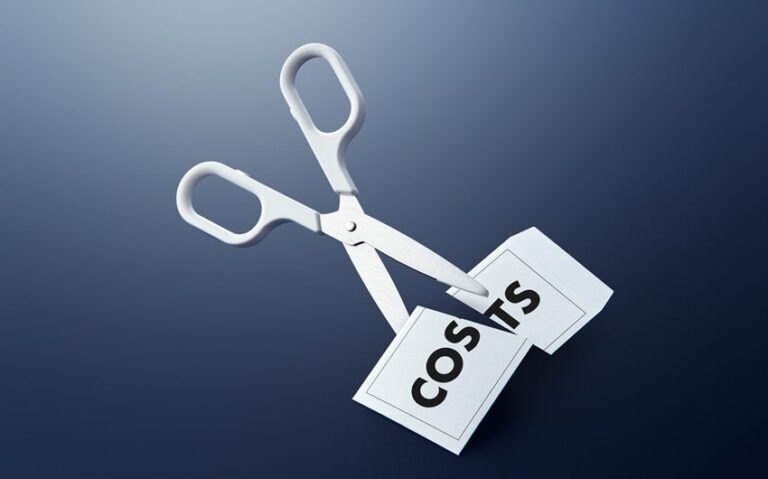Why Your Business Is Losing Money Without You Realising It
Most small business owners know where their money comes from. It’s the sales, their clients’, and purchases at the till. It’s really that simple and not something people overlook. What’s trickier, however, is spotting where your money quietlyslips away almost unnoticed right under your nose.
And it’s not always the big, dramatic expenses that cost you money; you budget for these. It’s the small things where your money leaks, the repeated habits that build up month after month until you look at your profits and wonder why they look so thin.
Let’s take a look at some of the areas that you might be wasting money in, so you can check this isn’t happening to you.
Over-ordering and Under-ordering
Stock is one of the easiest ways to lose money. Order too much and you’re left with less cash flow and stock sitting there in the warehouse, you can’t shift fast enough. And if you’re really unlucky, this stock spoils, meaning you need to waste it, and you might as well have flushed money down the toilet.
But under-ordering can cost you in sales because if you don’t have what the customer needs when they need it, they might go elsewhere and never return. It sounds simple, right? But balancing your stock and getting it just right can help you remove waste from this process for your business. This is where inventory management software comes into play, as it helps you to see what is and isn’t moving and allows you to adjust your orders accordingly.
Wasted Time
Time is money, and admin wastes a lot of time, meaning it also wastes a lot of money. For example, not having the right business fiber internet is obviously going to be a problem.
And often people realize this is happening. Staff digging through boxes to find the right product or trying to match receipts to stock, or employee hours being incorrect, are all mistakes that are easily avoidable in your day, and are detrimental to your success.
You need to introduce software and processes that eliminate small mistakes that keep happening and allow you to work more efficiently, meaning you don’t need to redo the same thing over and over until you get it right. You need actions such as clear labelling, organized storage, and digital systems that work to keep things running smoothly with fewer mistakes.
Poor Record Keeping
Record keeping isn’t glamorous, but it is essential. And when you don’t know how what is being sold or how you’re spending your money, it will spiral out of control really quickly. Add in tax season, and suddenly everything goes out of the window, and it’s mad panic and all hands on deck. You can use software and cloud storage to keep records up to date and easily accessible.
You can implement tracking and timekeeping software to help you stay on top of employee schedules for their salary, time off, etc, and use centralized communication tools to help you keep abreast of clients’ needs, projects, deadlines, and more, so you have a system you can rely on, not just guesswork based on memory. With finance consulting and similar help, though, this shouldn’t have to be too much of a problem.







